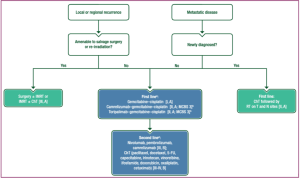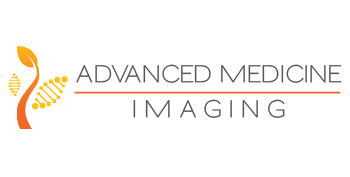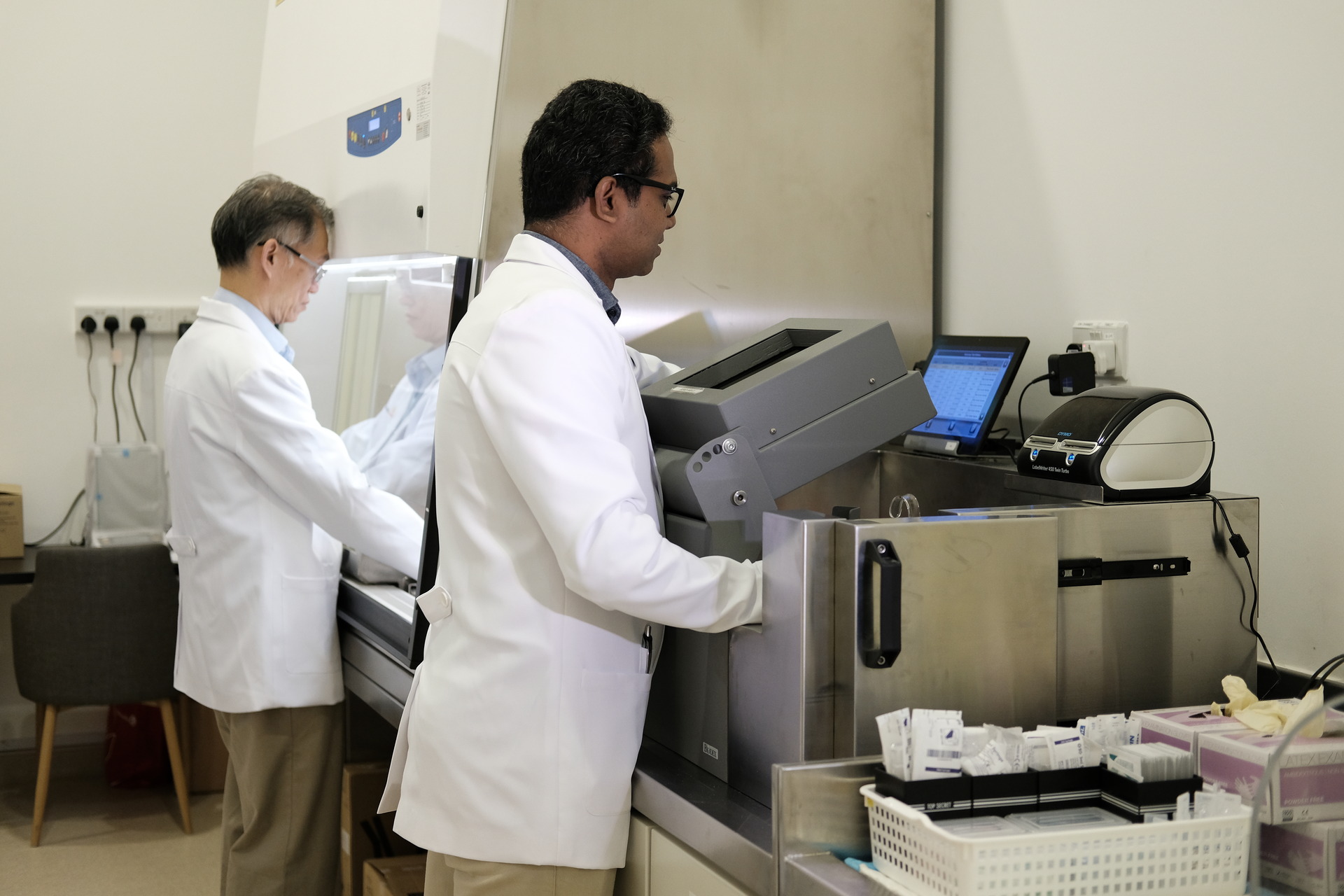
Nasopharyngeal carcinomas are most prevalent in South East Asia. Up to 10 to 20% of patients with nasopharyngeal carcinoma may experience a local relapse. Treatment options for recurrent nasopharyngealcarcinoma are dependent on a few factors. Time since first radiotherapy, extent of disease, and patient’s status etc. must be considered. Re-irradiation is one of these treatment options in patients whose disease maybe too technically challenging for surgical resection. According to guidelines from the European Society of Medical Oncology, for locally recurrent nasopharyngeal carcinoma patients who are not amenable to local treatment with either surgery or radiotherapy, chemotherapy with gemcitabine-cisplatin with or without immunotherapy are options.
A randomized, phase III study published in The Lancet, researchers led by Prof. Ming-Yuan Chen from Guangzhou, China, was published recently. The team explored twice daily (hyperfractionated) intensity-modulated x-ray radiotherapy as a treatment for locally advanced recurrent nasopharyngeal carcinoma. Compared to standard fractionated intensity-modulated radiotherapy, hyperfractionated treatment delivered twice daily with an interval of at least 6 hours resulted in a lower incidence of severe late complications and improved overall survival. The study involved 144 patients randomly assigned to either hyperfractionation (65 Gy in 54 fractions with 2 fractions in a day over 5.5 weeks) or standard fractionation (60 Gy in 27 fractions with 1 fraction a day over 5.5 weeks). The hyperfractionation group exhibited a significantly lower incidence of grade 3 or worse late radiation-induced toxicity (34% vs. 57%) and better 3-year overall survival (74.6% vs. 55.0%). The study concluded that hyperfractionated intensity-modulated radiotherapy could be considered the standard of care for these patients. However, clinicians noted potential challenges to widespread adoption due to logistical challenges. Research doctors also emphasized the need for further research into biological mechanisms, biomarkers, and accurate dose estimates for organs at risk like the normal blood vessels, critical eye and nerve structures.
The hypothesis behind hyperfractionation is that giving time in between treatments can help normal tissues to recover. A similar study by Nordic doctors on head and neck squamous cell carcinoma had similar findings.
If you have locally recurrent nasopharyngeal carcinoma, talk to your doctor about treatment options. Treatment decisions can be complex and should be made with a multidisciplinary team of doctors.








